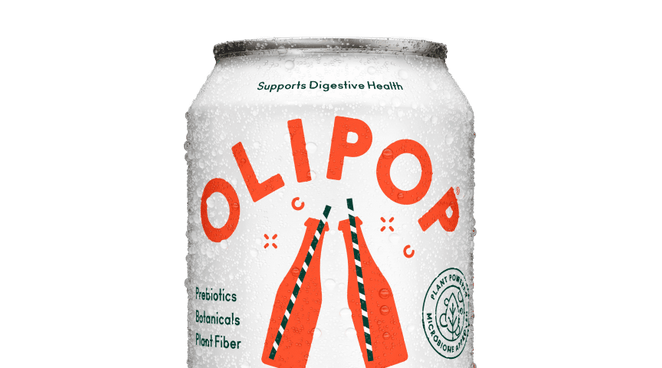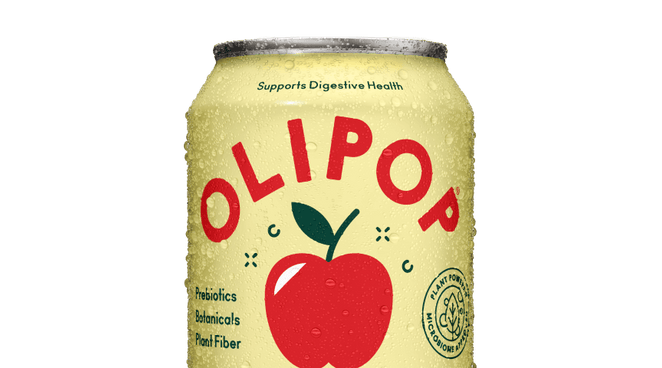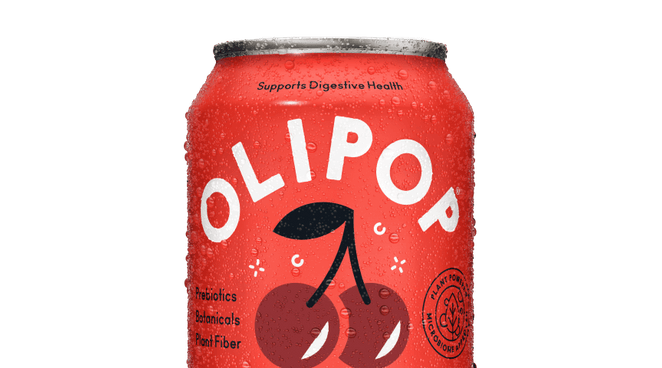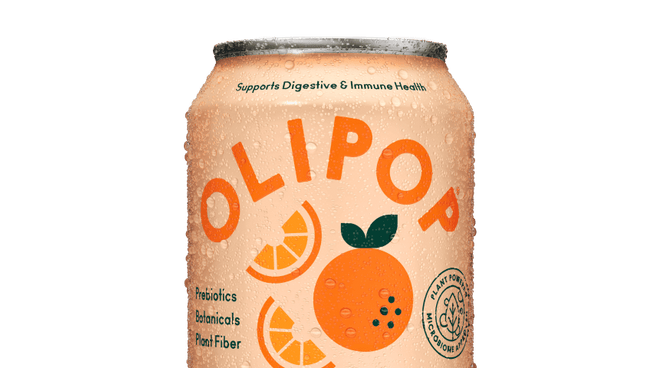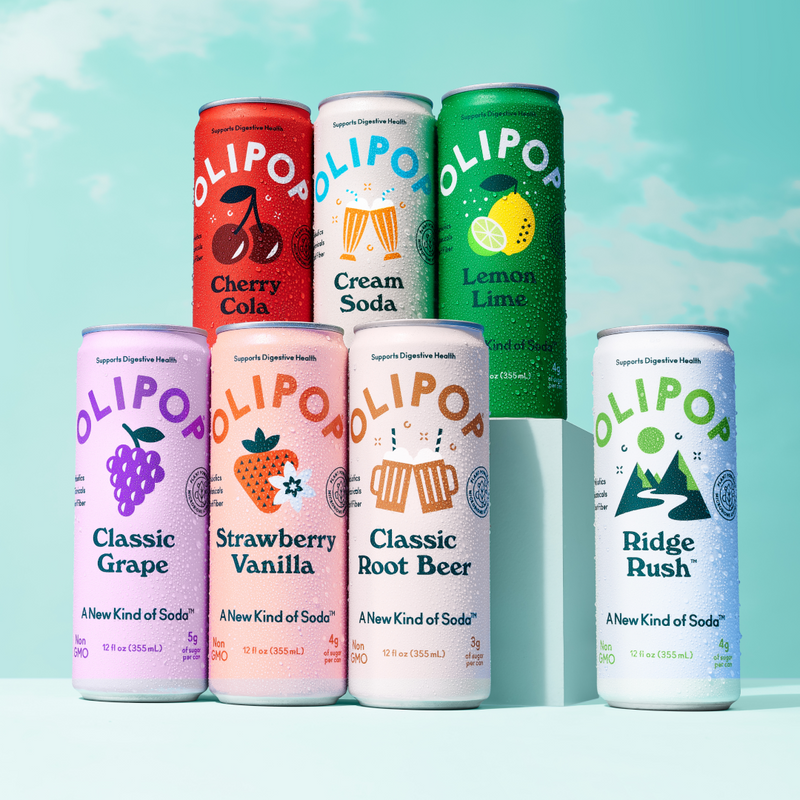TikTok can be a great boredom buster or laugh generator if you enjoy watching silly videos. But along with being a source of entertainment, TikTok can also be a resource that people turn to for health info. In fact, when researchers performed a search on the video-sharing app, they found that the hashtags “medicine” and “doctor” received 20 billion and 51 billion views, respectively.1
Gut health is a hot topic these days, so it’s no surprise that it too is frequently discussed on TikTok. But is this social media platform a reliable source for gut-health information?
#Guttok Trending on TikTok
The hashtag #guttok has over 712 million views, with most of the videos focusing on how to combat bloating, achieve healthy bowel movements, and more. But since most of the information found under the #Guttok hashtag is from everyday people with zero medical background, some of the information may be questionable at best.
Needless to say, gut health is incredibly important. So, let’s dig into some of the most popular gut health TikTok trends, and whether they actually work.2

5 Popular Gut Health TikTok Trends
Peppermint Oil
Peppermint oil is a natural remedy that people may use for stomach problems, including diarrhea, nausea, and gas.
For those with IBS, opinions can differ, as some data shows that peppermint oil is better than a placebo when it comes to the improvement of IBS symptoms.3 However, other data suggest that this oil doesn’t offer any gut health advantage over a placebo.4
The reasons peppermint oil may calm digestive issues like bloating, cramping, constipation, and diarrhea are not entirely clear. But there are some theories about how it works:
- One theory suggests that peppermint oil may act as an anti-inflammatory agent, helping manage flare-up symptoms associated with Crohn’s disease and ulcerative colitis.
- Peppermint oil could also help relax muscles around your stomach so that food moves more easily through your digestive tract.
- And it may also help block pain signals that cause discomfort.5
Digestive enzymes
Digestive enzymes are produced in the pancreas and are vital for breaking down food. They help turn large molecules into smaller ones for easier absorption in the body.
The main digestive enzymes include:
- Amylase: Breaks down carbohydrates into smaller molecules to use for energy.
- Lipase: Breaks down fat. This enzyme is essential to your body’s ability to absorb the fat-soluble vitamins A, D, E, and K.
- Protease: Breaks down proteins into amino acids.
For those who do not produce digestive enzymes naturally, it is possible that supplementing their digestive enzyme count may improve their health. People with certain GI-related conditions, like IBS, may also benefit from taking these supplements.6
For those with a functioning pancreas that doesn’t have underlying GI issues, there may not be an overwhelming difference in your gut health when you pop these pills.
L-glutamine
L-glutamine is a non-essential amino acid. This means that your body produces it to help with the production of proteins in your body. It is one of the most abundant amino acids in the bloodstream, where it provides fuel for your brain and other tissues.
L-glutamine also plays an important role in maintaining gut health by supporting intestinal cells and regulating the immune system. The bacteria found in your gut depend on this amino acid to help with digestion and maintain healthy intestinal function. Research suggests that L-glutamine can positively affect gut health by supporting the gut microbiome and gut mucosal wall integrity, and by modulating inflammatory responses. All of this could help you experience better gut health.7
Probiotics & Prebiotics
Probiotics are living microorganisms found in fermented foods, cultured food products, and supplements. In the gut, these live organisms help maintain the balance of good and bad bacteria, which supports your gut health.
The gut microbiome, which consists of a community of bacteria living in your intestines, plays an important role. It breaks down food, produces vitamins, and supports your digestive health. Factors like diet, lifestyle choices (like smoking), and medications can have a profound impact on our gut microbiome — for better or for worse.
Research and data show that certain probiotics support gut health. So maintaining a healthy microbiome that supports these probiotics should be a goal for those seeking better gut health.8
Prebiotics are fibers that act as fuel for probiotics. They aren't digested by the body but rather help to nourish bacteria, which in turn help to improve overall health.
You can find prebiotics in foods such as asparagus, garlic, onions, and bananas. For a sippable prebiotic option, OLIPOP can give your body a boost with 6-9 grams of prebiotic fiber in every can. But we don’t stop there! OLIPOP contains a wealth of gut biome-boosting ingredients hand-selected to support your gut health.
Fiber
Fiber is an essential ingredient in maintaining a healthy gut. Having a high-fiber diet—one that includes lots of fruits and vegetables—can be one effective way to improve your digestive health.
Some simple ways to include more fiber in your diet include:
- Making the switch from traditional soda to fiber-rich OLIPOP
- Leaving the skin on your apples and pears when you eat them
- Eating more avocados
- Choosing to consume whole grains instead of refined versions whenever possible
Is TikTok a Reliable Source for Gut Health?
Gut health is an important area that many of us are focusing on as we learn more about how to improve our health. While it is possible to get reliable information about this topic from TikTok, many of the people sharing this information don’t have the credentials to provide true and reliable information.
So, if you're going to lean on TikTok for your gut health information, check the source of your information. Make sure the accounts you’re following are run by doctors, dietitians, or other credentialed professionals.
And the next time you’re watching endless hours of TikTok, and you’re craving something to sip on that will support your digestive health, check out all the delicious flavors of OLIPOP!
Sources
- Comp G, Dyer S, Gottlieb M. Is TikTok The Next Social Media Frontier for Medicine? AEM Educ Train. 2020 Oct 21;5(3):10.1002/aet2.10532. doi: 10.1002/aet2.10532. PMID: 34095694; PMCID: PMC8155692.
- American Heart Association. How Bacteria In Your Gut Interact With Your Mind. https://www.heart.org/en/news/2020/05/28/how-bacteria-in-your-gut-interact-with-the-mind-and-body#:~:text=Gut%20bacteria%20have%20been%20linked,at%20home%20in%20human%20bodies.
- Khanna R, MacDonald JK, Levesque BG. Peppermint oil for the treatment of irritable bowel syndrome: a systematic review and meta-analysis. J Clin Gastroenterol. 2014 Jul;48(6):505-12.
- Nee J, Ballou S, Kelley JM, Kaptchuk TJ, Hirsch W, Katon J, Cheng V, Rangan V, Lembo A, Iturrino J. Peppermint Oil Treatment for Irritable Bowel Syndrome: A Randomized Placebo-Controlled Trial. Am J Gastroenterol. 2021 Nov 1;116(11):2279-2285.
- Galeotti N, Di Cesare Mannelli L, Mazzanti G, Bartolini A, Ghelardini C. Menthol: a natural analgesic compound. Neurosci Lett. 2002 Apr 12;322(3):145-8.
- Spagnuolo R, Cosco C, Mancina RM, Ruggiero G, Garieri P, Cosco V, Doldo P. Beta-glucan, inositol and digestive enzymes improve quality of life of patients with inflammatory bowel disease and irritable bowel syndrome. Eur Rev Med Pharmacol Sci. 2017 Jun;21(2 Suppl):102-107. PMID: 28724171.
- Brett J. Deters, Mir Saleem, The role of glutamine in supporting gut health and neuropsychiatric factors, Food Science and Human Wellness, Volume 10, Issue 2, 2021, Pages 149-154, ISSN 2213-4530
- Sanders ME, Merenstein DJ, Reid G, Gibson GR, Rastall RA. Probiotics and prebiotics in intestinal health and disease: from biology to the clinic. Nat Rev Gastroenterol Hepatol. 2019 Oct;16(10):605-616. doi: 10.1038/s41575-019-0173-3

